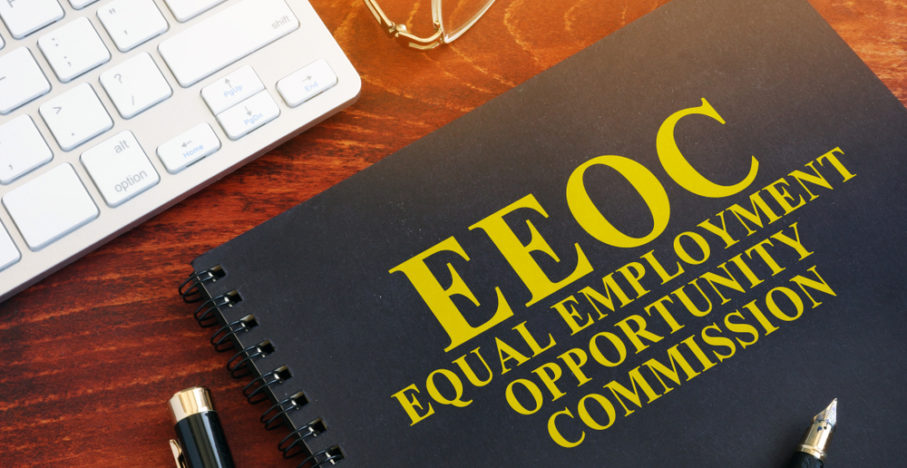How to File an Employment Discrimination Complaint

How to Commence an Employment Discrimination Lawsuit
Commencing a Case in the U.S. Equal Employment Opportunity Commission
There are several Federal laws which protect employees against discrimination in the workplace such as Title VII of the Civil Rights Act of 1964, the Age Discrimination in Employment Act, the Americans with Disabilities Act, and the Pregnancy Discrimination Act. Retaliation for filing an employment discrimination action is also prohibited by federal law. If you believe you have suffered employment discrimination or retaliation, in order to commence a lawsuit under any federal anti-discrimination statute, you must first file a charge of discrimination with the Equal Credit Opportunity Commission (EEOC). Typically, the deadline to file a charge with the EEOC is 180 days from the date of the discrimination or harassment. However, for many states that enforce their own anti-discrimination laws and agencies, including New York, that deadline has been extended to 300 days.
What to Include in Your Employment Discrimination Complaint
Your EEOC complaint must include:
- contact information for you and the employer
- a summary of the discrimination and/or retaliation you experienced. It is always better to be as detailed as possible
- on what basis you believe you have been discriminated against, such as your race, religion, gender, etc., and
- your signature, which must be notarized
You can file personally at your local EEOC office, by mail, or online. Moreover, in states, such as New York, that have their own state-level agency to enforce the anti-discrimination laws, you may file a complaint with the state agency, who will automatically cross-file your complaint with the EEOC. Keep in mind, you cannot file a complaint in court asserting violations of the federal statutory anti-discrimination laws without first filing with the EEOC.
What Happens After an Employment Discrimination Complaint is Filed
After you file your claim, the EEOC will investigate to determine whether discrimination took place. During its investigation the EEOC may want to review documents and other evidence and may visit your work, request additional details, conduct interviews, or review information.
The EEOC may propose mediation if you and your employer are willing to attempt to resolve the issue in good faith. Mediation is a voluntary process wherein a neutral third party works with both parties to try and reach a settlement. If mediation is not successful, the EEOC will continue its investigation.
Upon completion of its investigation, the EEOC will make a determination of whether the discrimination took place. If the EEOC establishes that discrimination did occur, you may receive compensation such as back pay, front pay, a promotion or reinstatement to the position, or other relief.
If the EEOC is unable to resolve the charges, or upon your request, they will notify you that you have a 90-day window to sue your employer in federal court for employment discrimination under federal law. If this occurs, it is imperative to contact an employment discrimination attorney as soon as possible if you have not already done so.
What Happens if You Missed the Deadline to File with the EEOC
If you are past the deadline to file a charge of discrimination with the EEOC, that does NOT necessarily mean that you are unable to bring a lawsuit against your employer for discrimination. There are many local and state level laws which permit employees a longer time period to begin a lawsuit against their employer. For example, in New York State, the New York State Human Rights Law and the New York City Human Rights Law permit an employee to commence a lawsuit against their employer for discrimination or retaliation within three (3) years of the discriminatory or retaliatory act. If you are unsure whether your case would be timely, it is imperative to contact an attorney as soon as possible.
We Can Help
Our employment discrimination specialists are experts before both the EEOC and in lawsuits against employers. We have represented employees throughout the U.S.in many different types of employment discrimination cases.
To consult with one of our employment discrimination specialist, please call our New York City office at (212) 736-4500 or visit our contact us page. There is no fee for a private consultation.
Nesenoff & Miltenberg, LLP. is a civil litigation firm specializing in, among other areas, employment discrimination and retaliation litigation. The purpose of this blog is to inform readers of their rights in the workplace. This blog should not be construed as offering legal advice. If you feel you have been a victim of discrimination in the workplace, please contact us.




